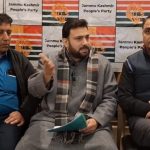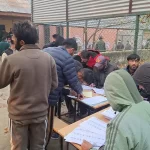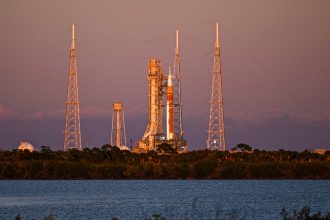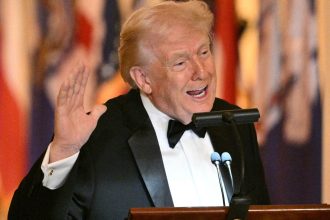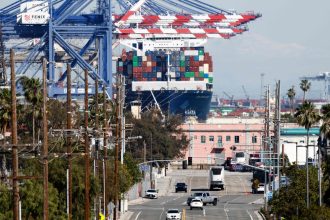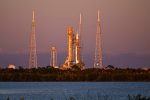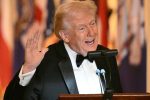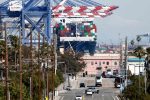As Iraq heads to the polls today, the world’s eyes are fixed on the outcome — especially those of the United States and Iran. This parliamentary election is more than a political exercise; it is a defining moment for a nation long caught between the tides of conflict, recovery, and reform.
For a country of 46 million people, Iraq has shown rare stability in recent years, striving to emerge from decades of war, dictatorship, and foreign intervention. Yet, deep-rooted challenges — from corruption and poor infrastructure to fragile governance — continue to shadow its progress. Many Iraqis are disillusioned, seeing elections as an endless cycle that rewards the few while the majority struggle with everyday hardships.
Polling stations opened at 7 a.m. local time, with more than 7,740 candidates, including a record one-third women, vying for 329 parliamentary seats. Over 21 million citizens are eligible to vote, though turnout fears loom large after a historic low of 41 percent in 2021.
Prime Minister Mohammed Shia al-Sudani, backed by the Iran-linked Coordination Framework, is seeking a second term. His campaign promises stability and reconstruction — a vision that resonates with some but falls flat for those demanding fresh leadership.
The political landscape remains split along sectarian lines — Shiites, Sunnis, and Kurds continue to share power as they have since Saddam Hussein’s fall. Despite this, new names and genuine reformists remain scarce.
A major absence in this election is that of Moqtada Sadr, the influential Shiite cleric who has called for a boycott, labeling the process “flawed.” His withdrawal has left a noticeable void, especially after his party’s success and subsequent withdrawal from parliament in 2021 triggered deadly clashes in Baghdad.
As Iraq once again stands at a crossroads, the stakes couldn’t be higher. The nation continues to balance a delicate relationship between Washington and Tehran, even as both powers vie for influence. The newly appointed U.S. envoy, Mark Savaya, has urged Baghdad to resist Iranian interference, describing it as “malign,” while pro-Iran factions — previously accused of targeting U.S. forces — have recently curbed their attacks.
This election is not just about seats or alliances — it is about faith. Faith in the possibility of a new Iraq where young voices are heard, where hope outweighs fatigue, and where democracy becomes more than a ritual. As university student Al-Hassan Yassin put it poignantly: “Every four years, the same thing happens. We don’t see young faces or new energies capable of making a change.”
Perhaps this time, the people of Iraq will prove that change doesn’t always come from those in power — but from those who refuse to give up on their country.

